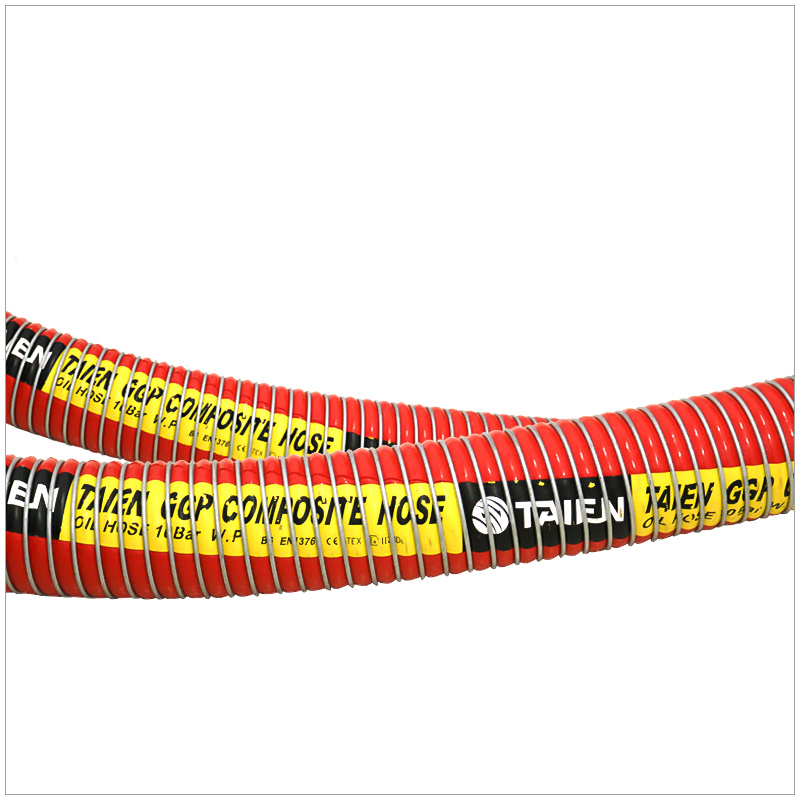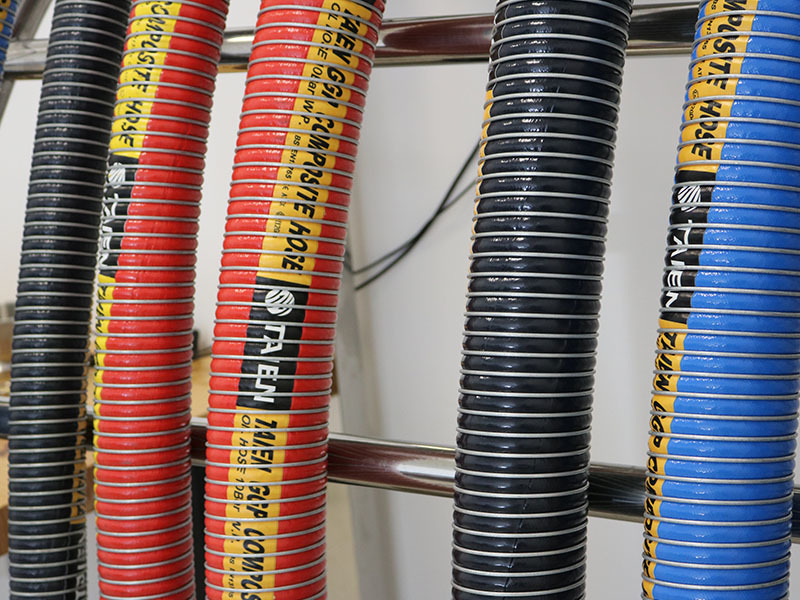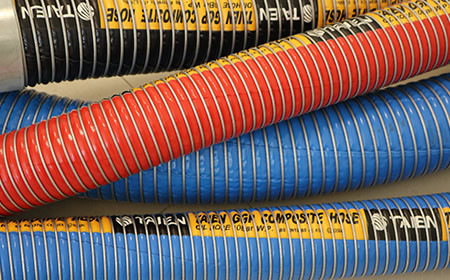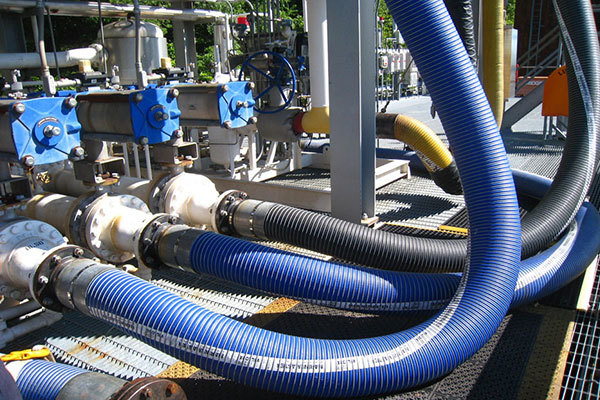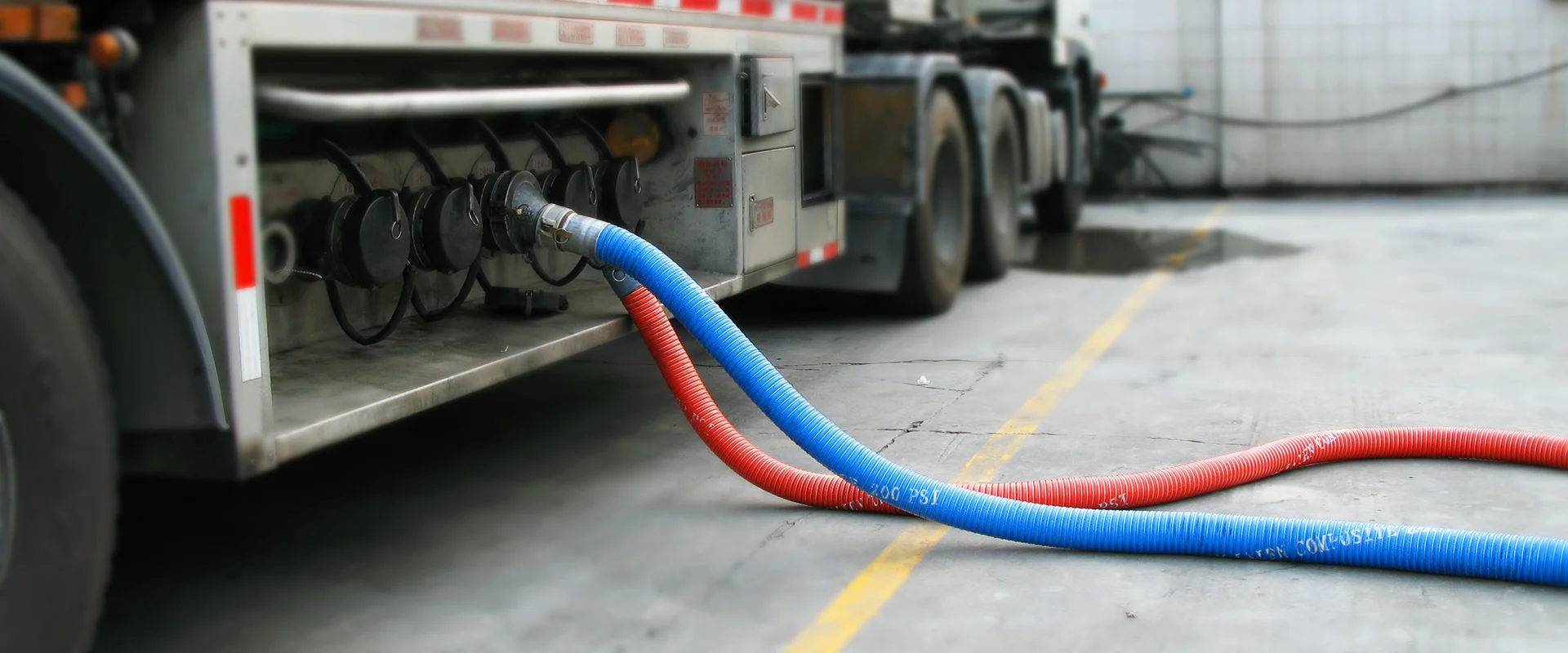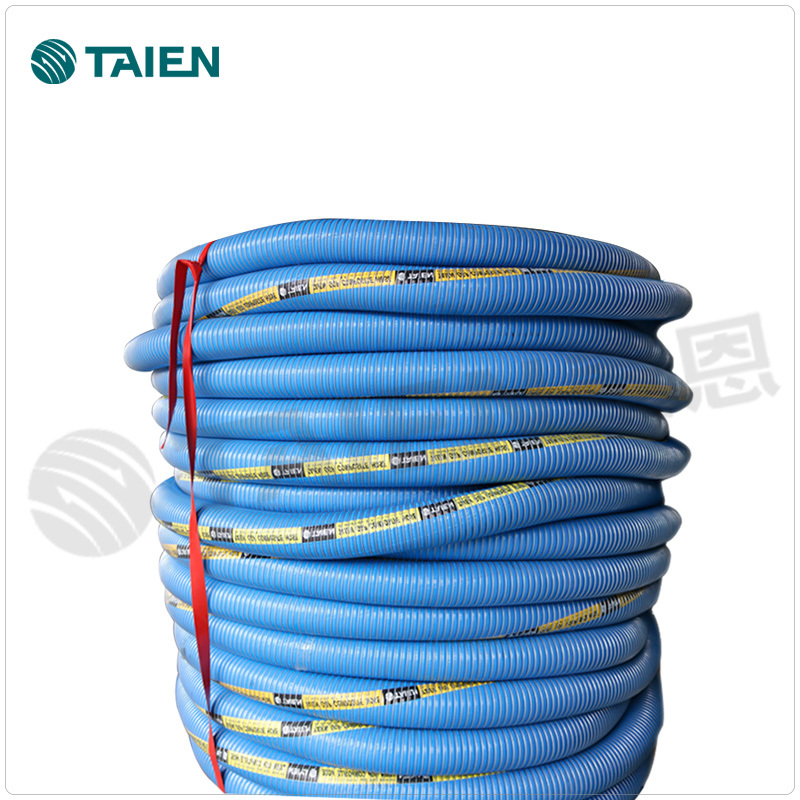Exploring the Environmental Impact of LPG Hoses: A Comprehensive Analysis
Release time:
2025-07-07
Author:
Source:
Abstract
Exploring the Environmental Impact of LPG Hoses
LPG (liquefied petroleum gas) hoses are vital components in various applications, including gas distribution, heating, and cooking. While they provide essential services, their environmental impact cannot be overlooked. This article aims to dissect the multifaceted environmental implications of LPG hoses, assessing factors from production to disposal
Exploring the Environmental Impact of LPG Hoses
LPG (liquefied petroleum gas) hoses are vital components in various applications, including gas distribution, heating, and cooking. While they provide essential services, their environmental impact cannot be overlooked. This article aims to dissect the multifaceted environmental implications of LPG hoses, assessing factors from production to disposal, and exploring sustainable alternatives.
Understanding LPG Hoses: What Are They?
LPG hoses are specifically designed tubes that transport liquefied petroleum gas from one location to another. Made from a combination of synthetic rubber and reinforcing materials, they are engineered to withstand high pressure and temperature fluctuations. These hoses are essential in various industries, including residential, commercial, and industrial sectors.
The Importance of Quality in LPG Hoses
The quality of LPG hoses directly influences safety and environmental factors. High-quality hoses prevent leaks, reduce emissions, and promote efficient gas usage. Conversely, substandard hoses can result in dangerous leaks, contributing to air pollution and greenhouse gas emissions.
Manufacturing Process of LPG Hoses
The production of LPG hoses involves several stages, including the selection of raw materials, the extrusion process, and quality testing. Each step has environmental implications, from resource extraction to energy consumption.
1. **Raw Material Sourcing**: The primary materials used in LPG hose production include synthetic rubber and various compounds. The extraction and processing of these materials can contribute to environmental degradation and pollution.
2. **Energy Consumption**: The manufacturing process requires significant energy, often derived from fossil fuels. This contributes to carbon emissions, further impacting climate change.
3. **Waste Generation**: During production, waste materials and byproducts are generated. If not managed properly, these wastes can harm local ecosystems.
Environmental Implications of LPG Hoses
The environmental impact of LPG hoses can be assessed through various lenses: greenhouse gas emissions, pollution, and waste management.
Greenhouse Gas Emissions
The use of LPG as a fuel source is generally considered cleaner than other fossil fuels like coal or oil. However, the lifecycle emissions from LPG hoses themselves can be concerning. When hoses fail or leak, they can release gas into the atmosphere, contributing to the greenhouse effect.
Case Studies of LPG Hose Failures
Several documented cases illustrate how faulty LPG hoses have led to significant environmental repercussions. These incidents not only resulted in gas leaks but also posed fire hazards and health risks to nearby communities.
Pollution Concerns
The improper disposal of LPG hoses can lead to pollution in multiple ways. When hoses are discarded in landfills, they do not decompose easily and can leach harmful chemicals into the soil and groundwater.
Landfill Impact
The accumulation of synthetic materials in landfills has raised concerns about soil and water contamination. As LPG hoses degrade, they can release toxic substances, leading to long-term environmental damage.
Regulations and Standards for LPG Hoses
Governments and organizations have established various regulations and standards to address the environmental impact of LPG hoses. These guidelines aim to ensure safety, efficiency, and sustainability throughout the lifecycle of LPG hoses.
International Standards
International standards, such as those set by ISO (International Organization for Standardization) and EN (European Norms), provide frameworks for the manufacturing and testing of LPG hoses. Compliance with these standards promotes quality and reduces environmental risks.
Certification Processes
Manufacturers must undergo rigorous certification processes to ensure their products meet established standards. This includes testing for durability, leak prevention, and environmental impact.
Exploring Sustainable Alternatives to Traditional LPG Hoses
As awareness of environmental issues grows, the search for sustainable alternatives to traditional LPG hoses becomes increasingly urgent. Various innovations and materials can potentially lessen the environmental impact of LPG hoses.
Biodegradable Materials
Research is being conducted into the use of biodegradable materials for hose manufacturing. These materials could offer a solution to the waste problem associated with traditional hoses.
Benefits of Biodegradable Hoses
Biodegradable hoses would break down naturally over time, reducing landfill waste and minimizing pollution. Additionally, they could maintain the necessary strength and flexibility required for gas transport.
Recycling Initiatives
Implementing effective recycling programs for LPG hoses can mitigate the negative environmental impacts. Encouraging manufacturers and consumers to recycle old hoses can significantly reduce waste.
Collaborations for Recycling
Industry collaborations can enhance recycling initiatives. Partnerships between manufacturers, waste management companies, and environmental organizations can promote better recycling technologies and practices.
Best Practices for LPG Hose Management
To minimize environmental impacts, both consumers and businesses should adopt best practices for LPG hose management. These practices can prevent leaks, ensure safe usage, and promote recycling.
Regular Inspections and Maintenance
Routine inspections of LPG hoses can identify potential issues before they escalate into significant problems. Implementing a schedule for checking hoses can prevent leaks and enhance safety.
Signs of Wear and Tear
Users should be trained to recognize signs of wear and tear on LPG hoses, such as cracks, discoloration, or stiffness. Early detection can mitigate risks and environmental impacts.
Safe Disposal Practices
Proper disposal of LPG hoses is crucial in minimizing environmental harm. Users should be informed about local regulations and disposal options for hazardous materials.
Utilizing Collection Programs
Engaging with local collection programs can ensure that LPG hoses are disposed of responsibly. Many communities offer specialized recycling or hazardous waste collection days.
Conclusion
The environmental impact of LPG hoses extends beyond their immediate use. From production to disposal, every stage contributes to a broader ecological footprint. By understanding these impacts, we can explore sustainable alternatives, implement best practices, and comply with regulations that promote environmental stewardship. As we move towards a more eco-conscious future, the choices we make regarding LPG hoses will play a significant role in safeguarding our planet for generations to come.
FAQs About the Environmental Impact of LPG Hoses
1. What are the main environmental concerns associated with LPG hoses?
The main concerns include greenhouse gas emissions, pollution from improper disposal, and the environmental impact of their manufacturing process.
2. How can I identify a faulty LPG hose?
Signs of a faulty hose include leaks, cracks, discoloration, or unusual stiffness. Regular inspections are recommended.
3. Are there biodegradable alternatives to traditional LPG hoses?
Yes, research is underway to develop biodegradable hose materials that could reduce environmental impact.
4. What regulations govern LPG hose safety and environmental impact?
International standards, such as those from ISO and EN, govern the manufacturing, testing, and disposal of LPG hoses.
5. How can I dispose of an old LPG hose responsibly?
Engage with local recycling programs or hazardous waste collection events to ensure proper disposal of LPG hoses.
Recommended Reading







